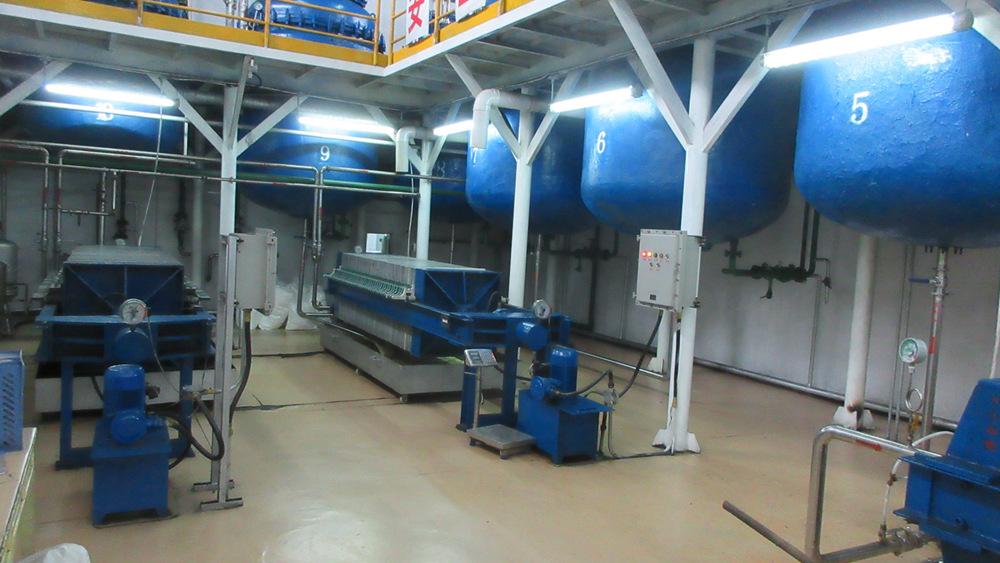
- +86-13363869198
- weimiaohb@126.com

Dec . 03, 2024 10:19 Back to list
lidocaine hydrochloride cas 73-78-9
Lidocaine Hydrochloride An Overview of Its Uses and Importance
Lidocaine hydrochloride, with the chemical formula C14H22N2O·HCl, is a well-known local anesthetic and antiarrhythmic agent. It is represented by the CAS number 73-78-9, which uniquely identifies it in chemical databases. Lidocaine has been a significant tool in medical practice since its introduction in the late 1940s, and it continues to be widely used in various clinical settings.
Mechanism of Action
Lidocaine functions primarily by blocking sodium channels in the neuronal membranes. When an external stimuli such as a sharp object or thermal energy triggers the nerve endings, sodium ions flow into the neuron, resulting in depolarization and the propagation of pain signals to the brain. Lidocaine works to inhibit this process by binding to the sodium channels in their inactive state, thus preventing the influx of sodium ions and effectively blocking the transmission of pain. This mechanism makes lidocaine an exceptional local anesthetic for procedures requiring localized numbness.
Clinical Applications
Lidocaine hydrochloride is utilized in several medical contexts. It is most commonly used for its anesthetic properties
1. Dental Procedures Dentists frequently administer lidocaine to ensure that patients experience minimal discomfort during procedures such as fillings, extractions, and root canals.
3. Regional Anesthesia It can be employed for nerve blocks and regional anesthesia techniques, allowing for pain-free surgeries in larger areas of the body.
Apart from its anesthetic uses, lidocaine is also employed in cardiology. It is used to manage ventricular arrhythmias, especially during acute incidents like cardiac arrest. By stabilizing the cardiac membranes and inhibiting ectopic pacemaker activity, lidocaine can restore normal heart rhythm and has been a critical part of advanced cardiac life support protocols.
lidocaine hydrochloride cas 73-78-9

Forms of Administration
Lidocaine is available in various formulations to cater to different clinical needs
- Injectable Solutions These are commonly used for a variety of local anesthetic procedures, offering rapid onset and effective pain relief. - Topical Gels and Creams These forms are prevalent for treating localized pain, sunburns, and discomfort associated with certain skin conditions. - Transdermal Patches Lidocaine patches provide a convenient long-duration pain relief option, commonly used for neuropathic pain conditions like postherpetic neuralgia.
Safety and Side Effects
Despite its extensive use, lidocaine hydrochloride is not without risks. Patients can experience side effects ranging from mild to severe
- Common side effects may include transient numbness, redness, or swelling at the application site. - Serious adverse reactions, although rare, may include allergic reactions, systemic toxicity (which may lead to seizures or cardiovascular collapse), and nerve injury with improper administration.
It is crucial for healthcare professionals to weigh the benefits against potential risks and to monitor patients closely, particularly when administering higher doses or in sensitive populations such as the elderly or those with preexisting health conditions.
Conclusion
Lidocaine hydrochloride remains a cornerstone of modern medicine, appreciated for its efficacy and versatility in pain management and cardiology. With ongoing research and developments in its applications, lidocaine continues to play a key role in improving patient care across various medical settings. Its capacity to deliver fast-acting anesthesia and manage cardiac rhythm disorders underscores its importance as a critical tool for healthcare providers. As we enhance our understanding of lidocaine and its pharmacological properties, it will likely remain indispensable in the medical field for years to come.
-
Top CAS: 79099-07-3 Factories & Wholesale Supplier from China
NewsJul.30,2025
-
High-Quality GS-441524 for White Liquid Type Factories & Suppliers
NewsJul.29,2025
-
High-Quality Pharmaceutical Intermediates for Sale – Reliable Supply
NewsJul.29,2025
-
High-Quality Pharmaceutical Intermediates for Sale - Reliable Solutions
NewsJul.29,2025
-
High-Quality Pharmaceutical Intermediates Supplier for Global Market
NewsJul.28,2025
-
GS-441524 for White Liquid Type Factories – High Purity & Reliable Supply
NewsJul.28,2025